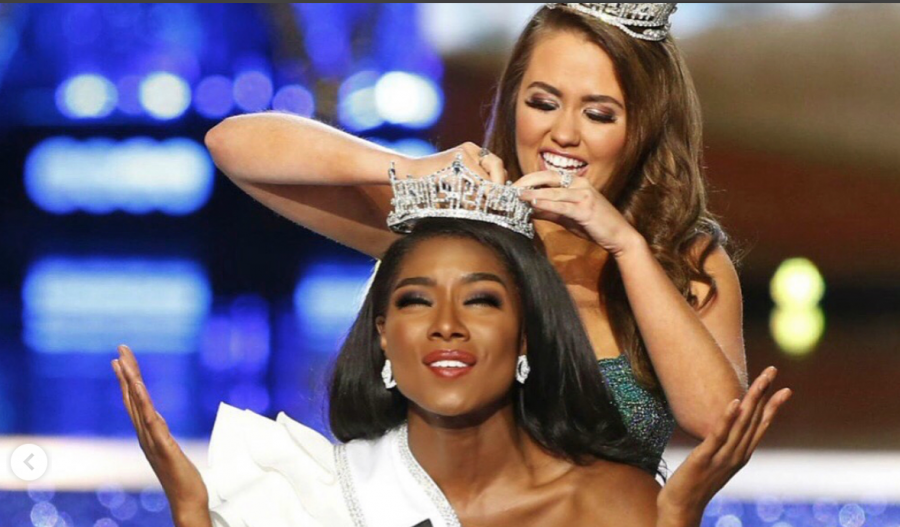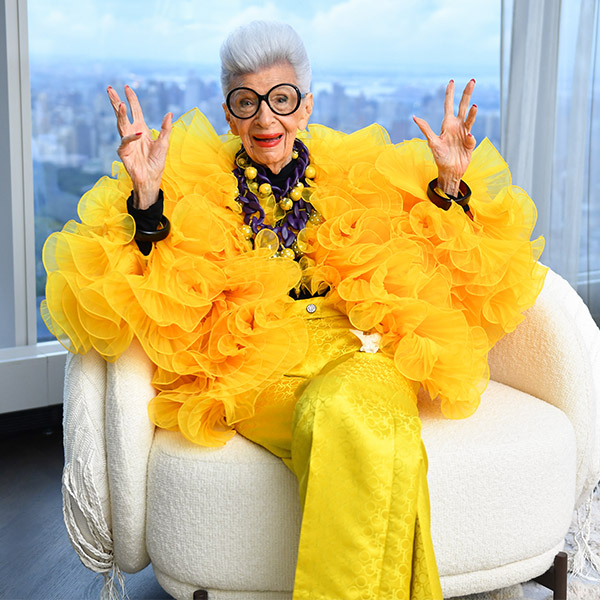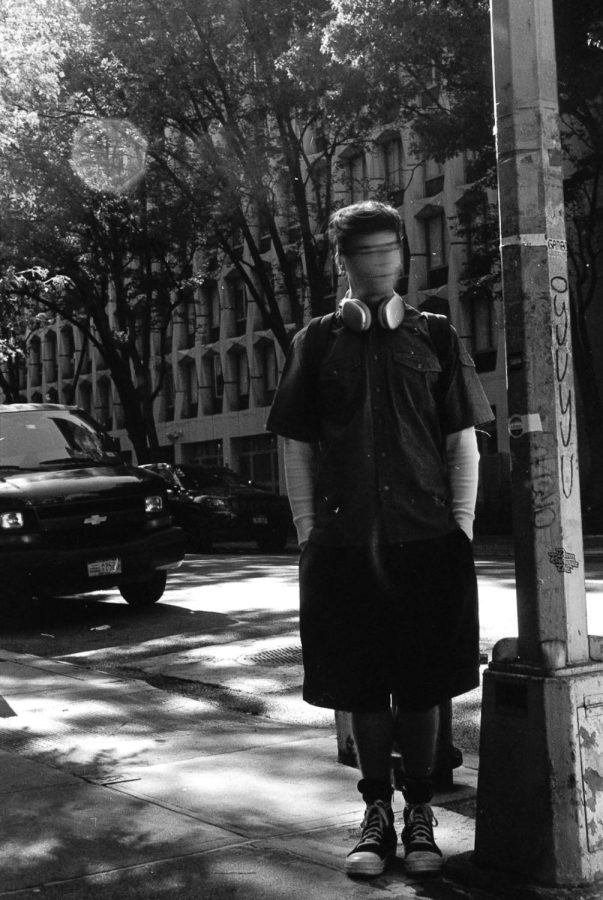On September 9, Nia Franklin was adorned with a sash and crown, receiving the title of Miss America 2019. Nia Imani Franklin was born and raised in Winston-Salem, North Carolina and currently resides in Brooklyn, after completing graduate school and moving to New York City. In New York she works for the Lincoln Center Education program.
The 25-year-old is a professional opera singer, music teacher, and advocate for the arts. Franklin’s advocacy for art education via her large social platform, seems like a great artistic cause in respect to the current political tension regarding funding for art education. According to “Americansforthearts.org,” “Every child should have access to a well-rounded education that includes the arts.”
To wit, she chose to sing for her talent portion of the competition. She sang, “Quando m’en VO” from “La Boheme,” impressing viewers across the world as well as the deciding judges.
The Miss America Pageant as a whole is undergoing some major renovations. The pageantry is now being rebranded as, “The Miss America Competition,” under the new management of former 1989 winner and now chairwoman, Gretchen Carlson. Once seen as a pageant focused solely on looks, “Miss America 2.0” is implementing what they deem as improvements of the event all together. In an interview with “Inside Edition,” Carlson said, “We’re no longer judging our candidates based on their outward physical appearance. It’s much more important to look at somebody and talk about their goals and their achievements in life, and how we can teach them leadership skills and really celebrate their talent.”
View this post on InstagramMiss America 2019 Nia Franklin . . Roses by @passionroses . #missamerica
Carlson recently announced that there will no longer be a swimsuit portion to the competition. In regards to viewership, this is a controversial decision, some saying that they will no longer watch because they enjoyed the beauty aspects of the rhinestone gowns and bikinis. Former 2018 Miss America, Cara Mund, disagrees with these new changes, and even goes as far to say that Carlson should be replaced, after claiming to have been “silenced” under her leadership. Mund wrote in an open letter to the New York Times, “I never expected — or wanted — to have to be a whistleblower,” Mund said. “The leadership will simply continue to push out, silence, and tighten security to reduce access around Miss America.” She then went on to ask for support from fellow pageant sisters who also feel as if they have no voice due to Carlson’s administration. “Miss America is fragile right now,” Mund concluded. “She needs all of us if she is going to survive.”
University students seem to think the new changes will be positive, “In the past I know that the pageant has received a lot of negative attention, and when it comes to things like the swimsuits they’re known for only caring about superficial aspects of the contestants,” said University freshman Olivia Mancino. “I hope that these new changes will inspire a new generation to care about what’s inside.”
The changes to the pageantry have been implemented in response to the #MeToo movement: following the resignation of the former chief executive, Sam Haskell, and his misogynist emails which were made public.
Carlson hopes that this rebranding will encourage viewers to see the women’s talents in terms of their education and philanthropic endeavors. Contestants are now encouraged to wear business suits as well if they so desire to. The Miss America organization hopes to “shatter the glass ceiling” for women across the world by focusing on their intellect as opposed to their physical appearance. Their end goal, according to their website, is to create a new face for themselves that is positive and removes the negative connotation that has long since been connected to the organization.
The 2019 Miss America Competition also welcomed diversity to the stage. Miss Nia Franklin is a black woman whom University students think represent America in a great way. “Having a black woman as Miss America gives young girls a great role model to look up to,” said University sophomore Natalie Ryba. “Girls can say ‘Hey, she looks just like me, I can do that one day and be successful by being myself and working hard.’”
In the era of social injustice towards people of color, it is integral to have representation on screen for the youth of America. Franklin spoke during the competition, “I grew up at a predominately Caucasian school and there was only five percent minority, and I felt out of place so much because of the color of my skin,” Franklin said. “But growing up, I found my love of arts, and through music that helped me to feel positive about myself and about who I was.”
















